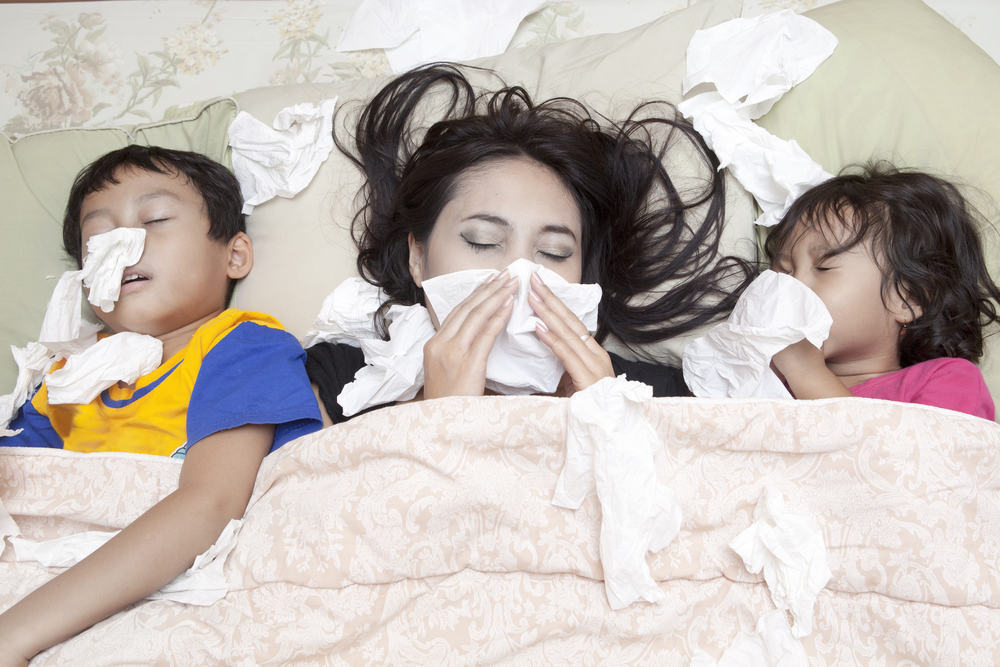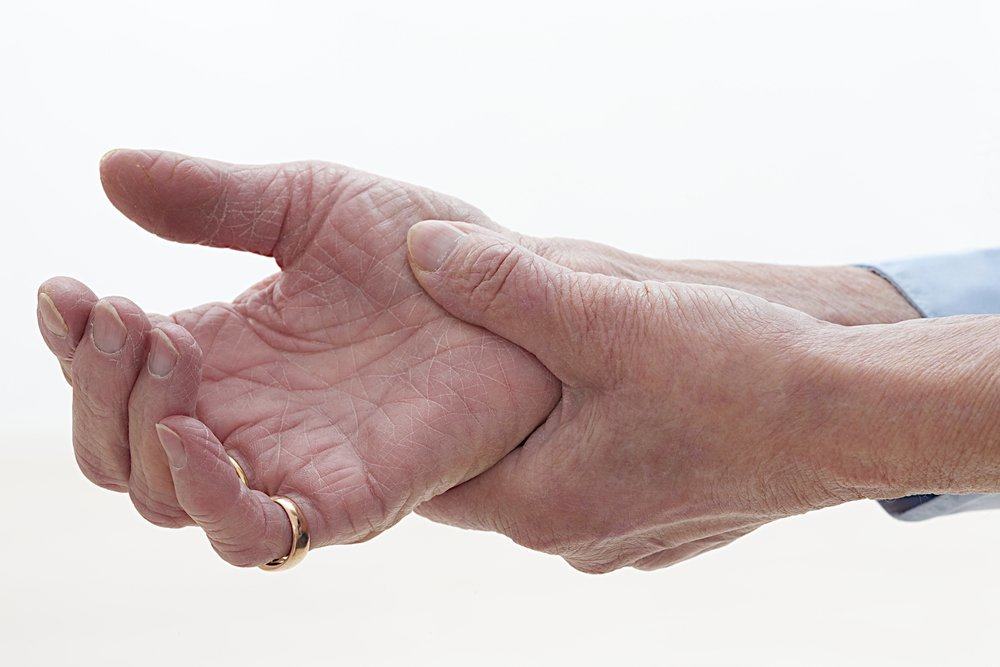Contents:
- Medical Video: Eczema & Allergies : Causes of Eczema
- Various triggers for eczema in infants
- Dry skin
- Detergents, soap, and shampoo
- Skin infection
- Clothing material
- Saliva
Medical Video: Eczema & Allergies : Causes of Eczema
Eczema in infants often occurs after the baby is born until when he is one year old. Acute eczema may appear with flushed, dry and flaking skin. Or sometimes in the form of small drops that become runny for a long time. When eczema of the skin becomes a chronic condition (has recurred several times), the baby's skin tends to thicken, darken, also looks dry and becomes scaly with rough lines.
Until now, experts still continue to study how eczema in infants can occur. However, so far eczema is believed to occur due to a combination of genetic factors (heredity) and environmental factors or dietary patterns. Eight out of ten children whose parents have a history of eczema will experience the same condition.
Various triggers for eczema in infants
When your baby has eczema, your initial reaction might be, "What did my baby eat before?" In fact, eczema in infants is not only triggered by food allergies. Things that look trivial below can also trigger eczema in your baby.
Dry skin
If your baby's skin is too dry, scaly, rough, this can increase your baby's risk of eczema. Dry and scaly skin will make your baby feel itchy and want to continue scratching. Give a special moisturizer or oil for the baby so that the baby's skin remains moist.
Detergents, soap, and shampoo
When washing your baby's clothes, choose detergents that are good for your baby's skin or that are specifically for sensitive skin. For example, not too much chemical ingredients. If necessary, rinse your baby's clothes three to four times. To take a bath, choose unscented soap and shampoo with a neutral pH level.
Skin infection
Infection caused by bacteria or fungi can increase the risk of eczema in infants. Immediately contact your pediatrician, if your baby experiences this. Doctors will prescribe antibiotics and antifungal drugs to reduce the infection. The faster you treat the cause, the faster you can control eczema in the baby.
Clothing material
Synthetic materials such as polyester, nylon and rayon can make your baby sweat more. Sweat can trigger the onset of eczema on the sensitive skin of your little one.
We recommend that you wash the clothes that you have just bought for your baby before using them. This is important to help get rid of dyes or other chemicals used by the factory. Choose clothes that are soft and absorb sweat for your baby, for example 100 percent cotton.
Saliva
Does your baby often lick or bite his own lips? Or your baby is still frequent stool? This habit can cause your baby's own saliva to trigger eczema of the skin around the mouth. To prevent eczema on your baby's cheeks, chin, neck and mouth, apply a moisturizing ointment before your baby eats or sleeps.
You also should install a special cloth on your child's neck or chest so that it can more easily clean the baby's saliva when he isstool.












